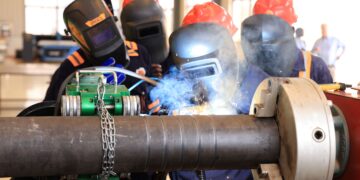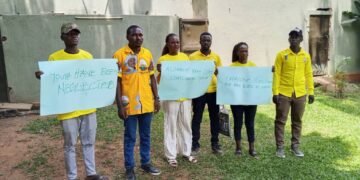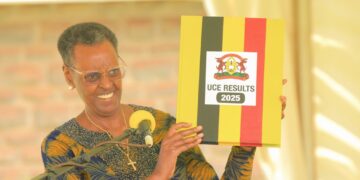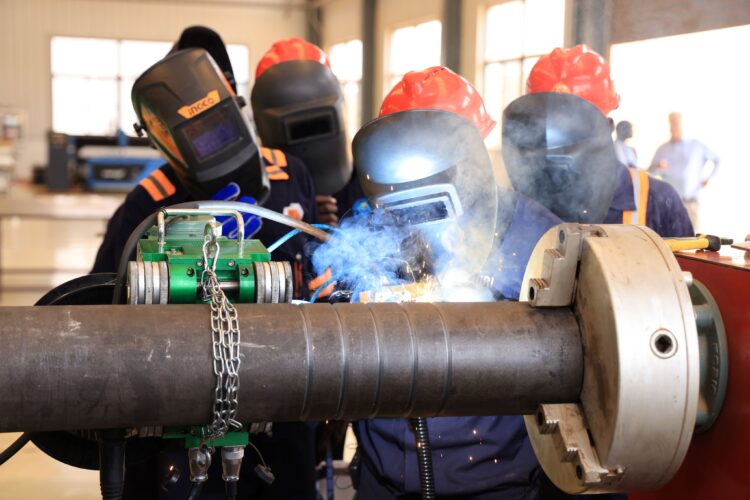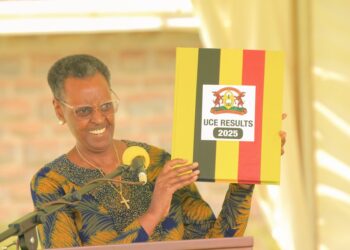OPINION
Editor, On June 29, 2023, the European Union formally introduced the EU Regulation on Deforestation Free Products (EUDR) which came into force.
The regulation aims at ensuring that products EU citizen consume do not contribute to deforestation or forest degradation worldwide whether legal or illegal and applies to commodities like soy, beef, palm oil, wood, cocoa, coffee, and rubber, as well as derived products.
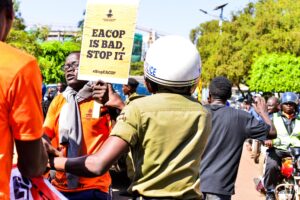
I appreciate the EU for this regulation to ensure the promotion of forest conservation and for the field visit in November 2, 2020 to Bugoma Central Forest reserve (CFR) to ensure the destruction of the forest is stopped.
However, it is unfortunate that the Bugoma forest reserve has continued to be destroyed due to sugarcane growing, oil activities and other challenges. While the production of agricultural products such as beef, soy, palm and others is the biggest driver of deforestation and forest degradation of tropical forests, the extraction of oil and gas in forest landscapes is perverse too, putting forest conservation at risk.
Notably, according to Climate Rights International (CRI) report on EACOP, it is noted that oil and gas projects such as the East African Crude Oil Pipeline (EACOP) is expected to affect nearly 2,000 square kilometers of protected area including forest landscapes for instance in Uganda and Tanzania. The EACOP is expected to transport about 216,000 barrels of crude oil per day from oil fields in Western Uganda to the port of Tanga in Tanzania. Tropical rainforests and others such as Bugoma CFR, Wambabya CFR, Taala CFR and Kasana-Kasambya Forest Reserve are set to be affected by the EACOP project activities in Uganda. On the other hand, the Tilenga oil extraction project is impacting other critical ecosystems including Murchison Falls National Park, Budongo CFR and other forest landscapes.
Uganda is not the only East African country where forests have been put at risk of degradation due to oil activities. According to Green Peace Africa report, it is also noted that in the Democratic Republic of Congo, 11 million hectares of tropical forests, including protected areas such as Virunga National Park and the Cuvette Centrale peatlands, which are critical for carbon storage and biodiversity are at risk of degradation due to the Congolese government’s plans to auction oil and gas blocks for exploration.
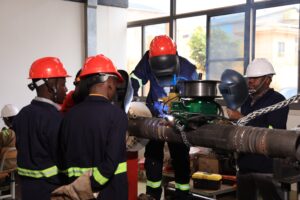
Moreso, oil extraction is taking place in forests in the rest of Africa, Latin America, and other continents with countries such as Equatorial Guinea, Congo-Brazaville, Gabon Ecuador, Guyana and others being affected. It is noted that oil and gas expansion threatens Amazon and Congo Basin tropical forests and communities according to the Earth Insight report published in December 2022. The world’s biggest tropical rainforest which has been described as the world’s lungs, the Amazon, has not been spared from oil exit.
The Regulation on Deforestation Free Products is revolutionary, however, it could be further strengthened and well implemented if products such as oil and gas are added to the legislation. This will help enhance efforts to address deforestation and forest degradation challenges worldwide. It is therefore against this background that I call upon the European Union urgently to include oil and gas and critical minerals to the Regulation on Deforestation Free Products to combat deforestation and forest degradation as the regulation starts being implemented on December 30, 2025 for large and medium companies and June 30, 2026 for micro and small enterprises
By Olive Atuhaire,
The writer is a Ugandan Environmentalist
Email: atuhaireolive72.ao@gmail.com
